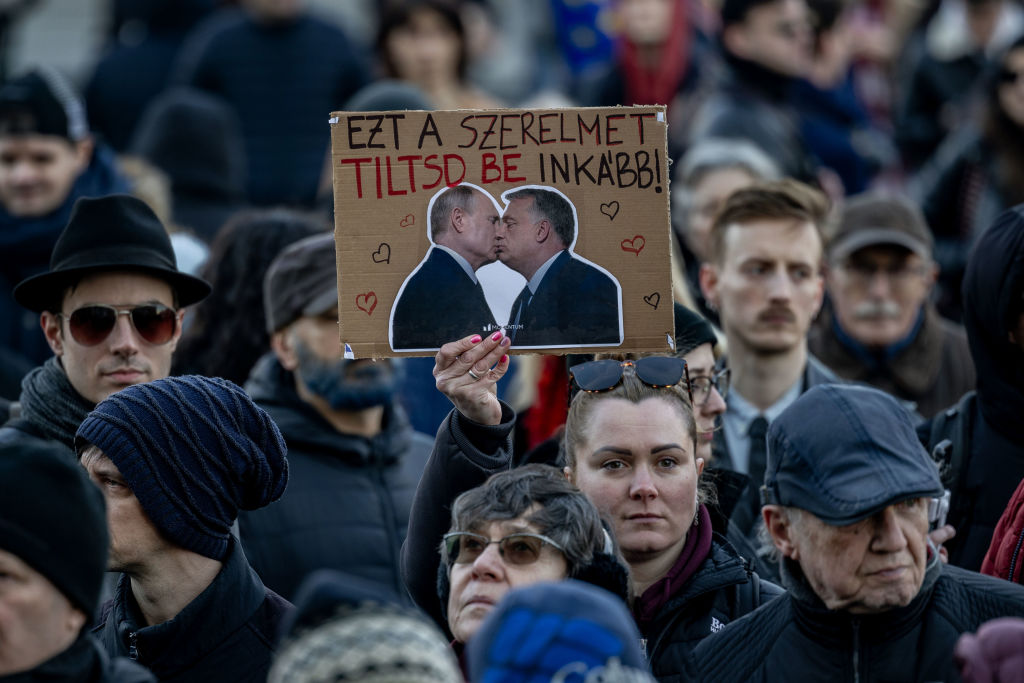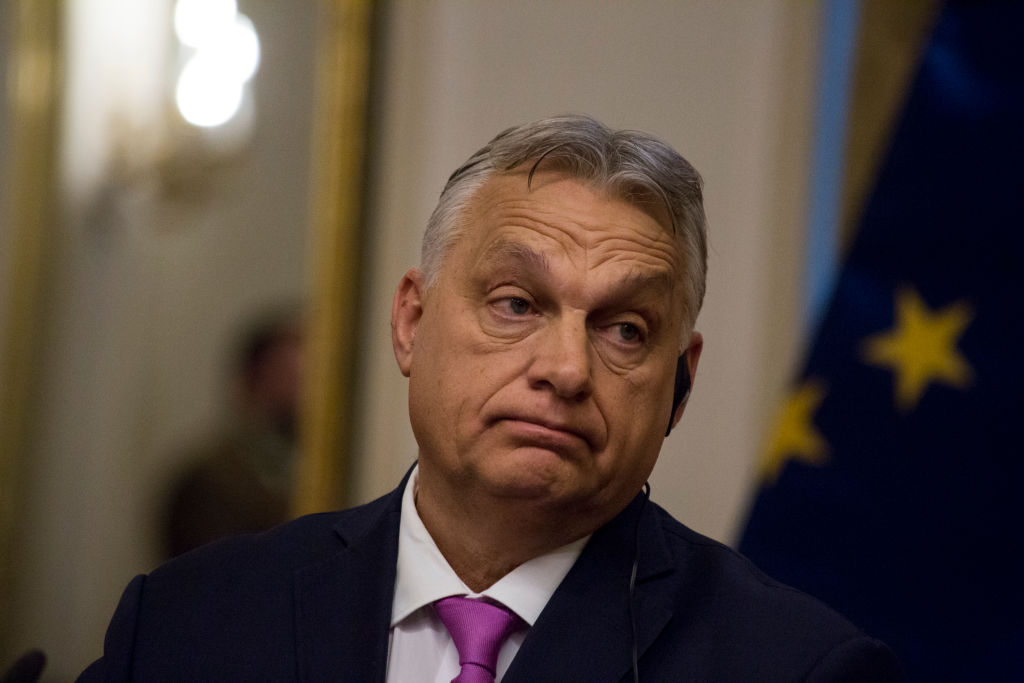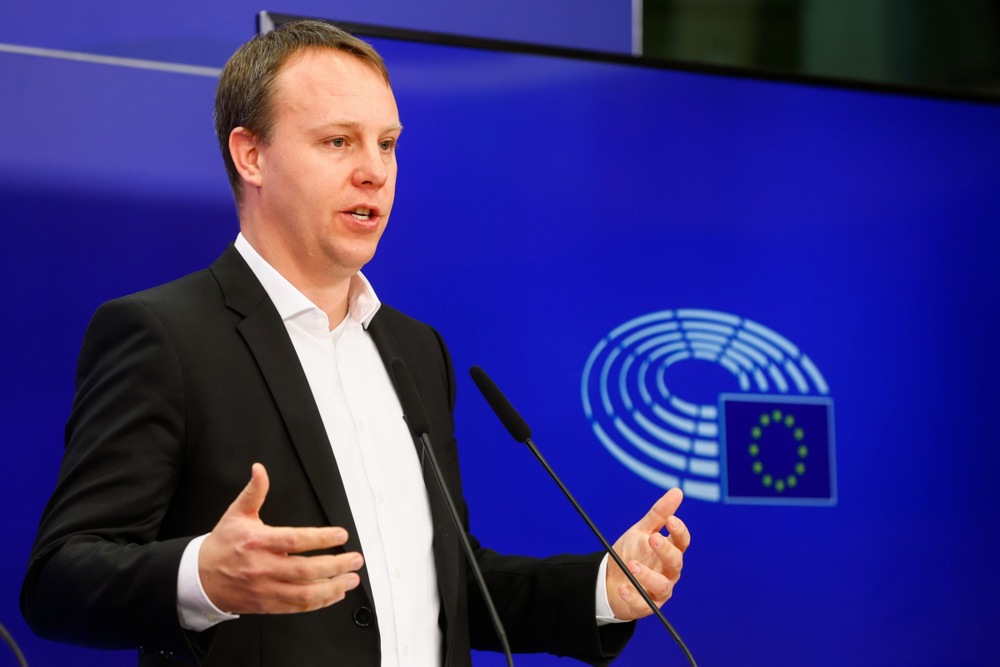The European Commission has said it was considering taking legal action against Hungary over the European Union member state’s decision to ban LGBT pride events.
“We need to asses every element of the new legislation in Hungary closely from the point of view of EU law and then decide on further steps,” an EC spokesperson told Brussels Signal on April 17.
“We have various examples where the EC started infringements in relation to EU values, including Hungary.
“We do not hesitate to take action if there is a violation of the EU law and there are many examples of it,” the spokesperson added.
The new measure introduced by Hungary’s ruling Fidesz party, led by Prime Minister Viktor Orbán and approved on April 14, restricted depictions of homosexuality and gender reassignment in public spaces.
The Hungarian parliament recently amended the Constitution to strengthen this law, banning public events deemed in breach of the Child Protection Act.
Hungary’s parliament has passed a law to ban the annual Pride march by LGBTQ+ communities. https://t.co/EZkJcjpM2e
— Brussels Signal (@brusselssignal) March 19, 2025
According to the EC, Hungary’s ban infringed fundamental EU rights.
“The right to gather peacefully is a fundamental right to be championed across the European Union. It is enshrined in the Charter of Fundamental Rights of the EU and a core element of our vibrant democracy,” the body stated while reaffirming its support for LGBTQ+ communities in Hungary.
As a result of the Hungarian government’s action, events organised by the LGBTQ+ community, including the annual Budapest Pride parade, were now prohibited.
The legislation also empowered authorities to use facial recognition tools to identify organisers and participants of banned events.
Organisers who defied police warnings or misled authorities about event compliance could face legal penalties.
The EC’s stance followed the European Parliament’s criticism of Hungary’s move, accusing Orbán’s government of discriminating against LGBTQ+ people and calling for urgent legal action.
During a mission to Budapest on April 14, a delegation from the European Parliament’s Civil Liberties, Justice and Home Affairs Committee (LIBE) denounced the new law.
Members urged the EC to intervene to prevent its enforcement.
Green MEP and head of the delegation, Tineke Strik stated: “The members of the delegation request the Commission to apply for interim measures in the ongoing infringement case before the Court of Justice regarding violations of the LGBTIQ rights, in order to suspend the application of the legislation in question.”
The EP delegation was expected to produce a detailed report based on its meetings with Hungarian political representatives, media, judiciary and civil society organisations. Other MEPS who were part of the LIBE committee echoed concerns over the rule of law in Hungary.
Belgian Liberal MEP and delegation member Sophie Wilmès, said: “What we are witnessing in Hungary is not the rule of law but rule by law. Our discussions with NGOs, journalists, judges, and the opposition confirm this.
“Our values cannot be negotiated. They must be respected. The EU must stand up for them,” she added.
The three right-wing groups in the European Parliament – Patriots for Europe, the European Conservatives and Reformists (ECR) and Europe of Sovereign Nations Group (ESN) – boycotted the EP delegation’s mission to Hungary.
Green MEP Daniel Freund demanded that Hungary be “defunded”.
“Hey, Commission, this is one of our member states dismantling the rule of law and fundamental rights. Can we please stop transferring EU funds to them?!” he said on X on April 14.
Freund had previously called for the EC to consider triggering Article 7 of the EU Treaty.
This process could lead to the suspension of Hungary’s voting rights in the Council of the EU if it was found to be systematically violating EU values.
Hungary has long opposed the EC and Brussels’ political agenda.
At the Central European Summit on April 15, its foreign minister Péter Szijjártó reiterated Hungary’s commitment to protecting national identity, defending children, resisting Brussels’ “overreach” and upholding Hungarian sovereignty.





